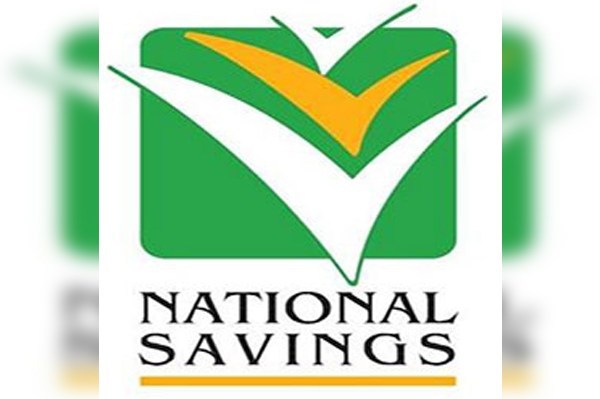The government has reduced the profit rates on various national savings schemes and certificates by up to 1.22 percentage points, further discouraging savings and exacerbating Pakistan’s already low domestic savings rate.
According to data from the Central Directorate of National Savings (CDNS), the return on the Sarwa Islamic Term Account has been lowered from 17.58% to 16.36%, a reduction of 1.22 percentage points.
These adjustments are linked to declining yields on government debt securities, including Treasury bills (T-bills), Pakistan Investment Bonds (PIBs), and Sukuk, where CDNS invests funds from national savings schemes.
Pakistan’s investment ratio fell to just 13.1% of GDP in FY24, marking a 50-year low and significantly trailing neighboring countries.
In addition to the Sarwa Islamic Term Account, the CDNS has also reduced the profit rate on the Sarwa Islamic Saving Account by 1 percentage point, from 19% to 18%.
Short-Term Savings Certificates saw a cut of 68 basis points, bringing the rate down from 17.90% to 17.22%.
The rate of return on Special Savings Accounts and Special Savings Certificates was lowered by 30 basis points, from 15.50% to 15.20%. Regular Income Certificates also saw a slight reduction, with the rate decreasing from 14.64% to 14.52%.
However, CDNS left the profit rates unchanged for Behbood, Shuhda, and Defence savings products.
The decline in profit rates follows a broader trend of reduced returns on government debt instruments as the State Bank of Pakistan (SBP) continues to lower interest rates. Over the past three months, the SBP has cut its policy rate by a cumulative 4.50 percentage points, bringing the rate down to 17.5%.
Pakistan’s saving rate continues to fall behind regional peers, raising concerns over the impact on economic growth.




